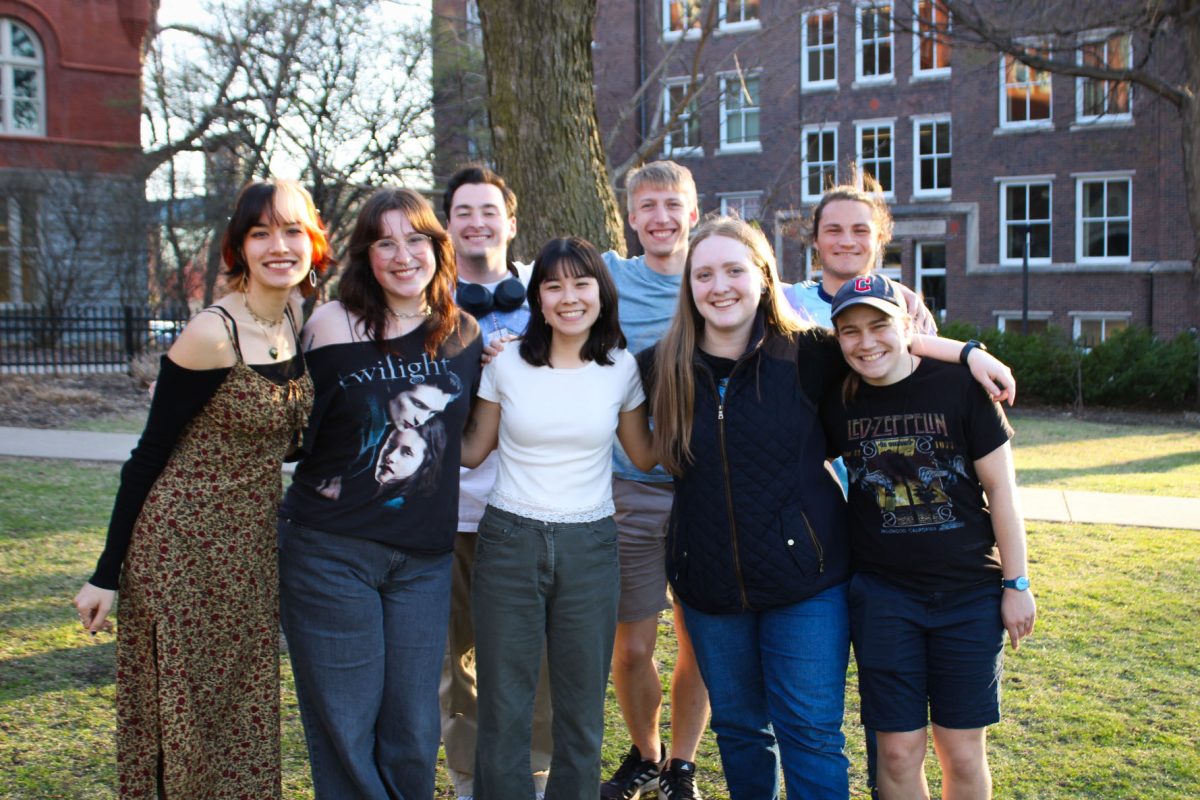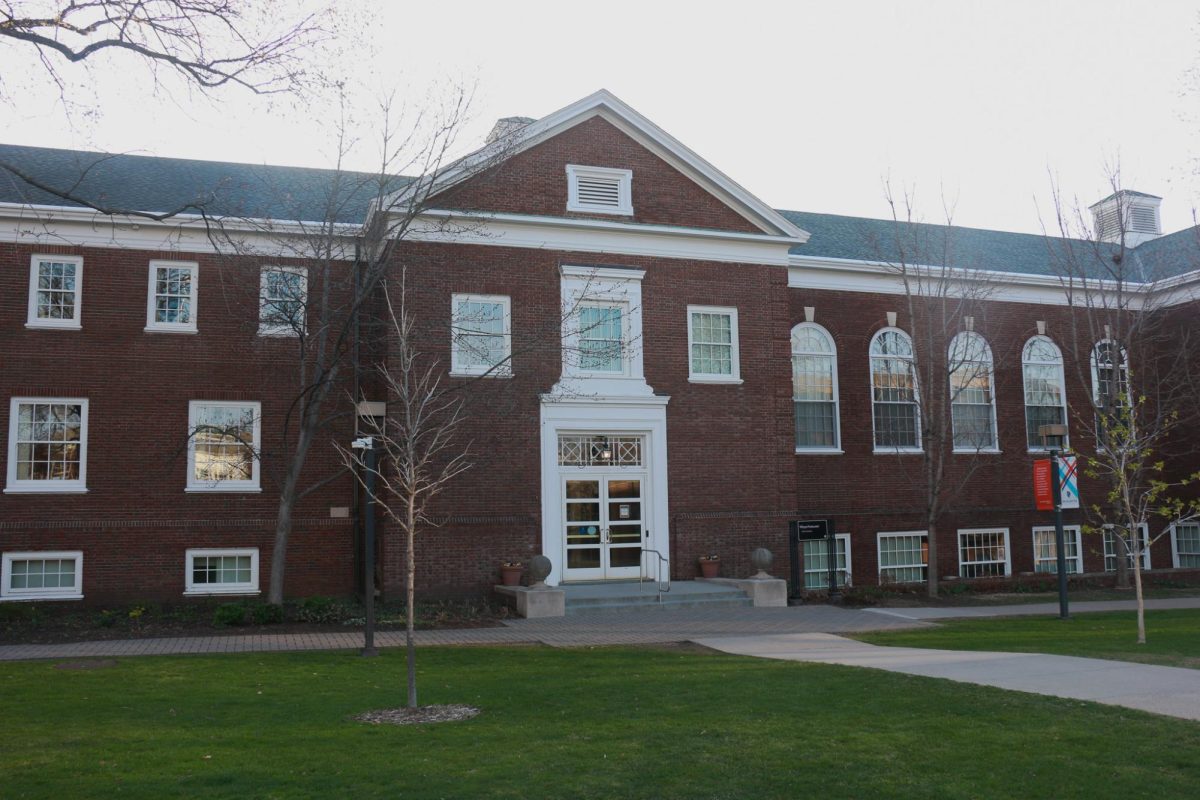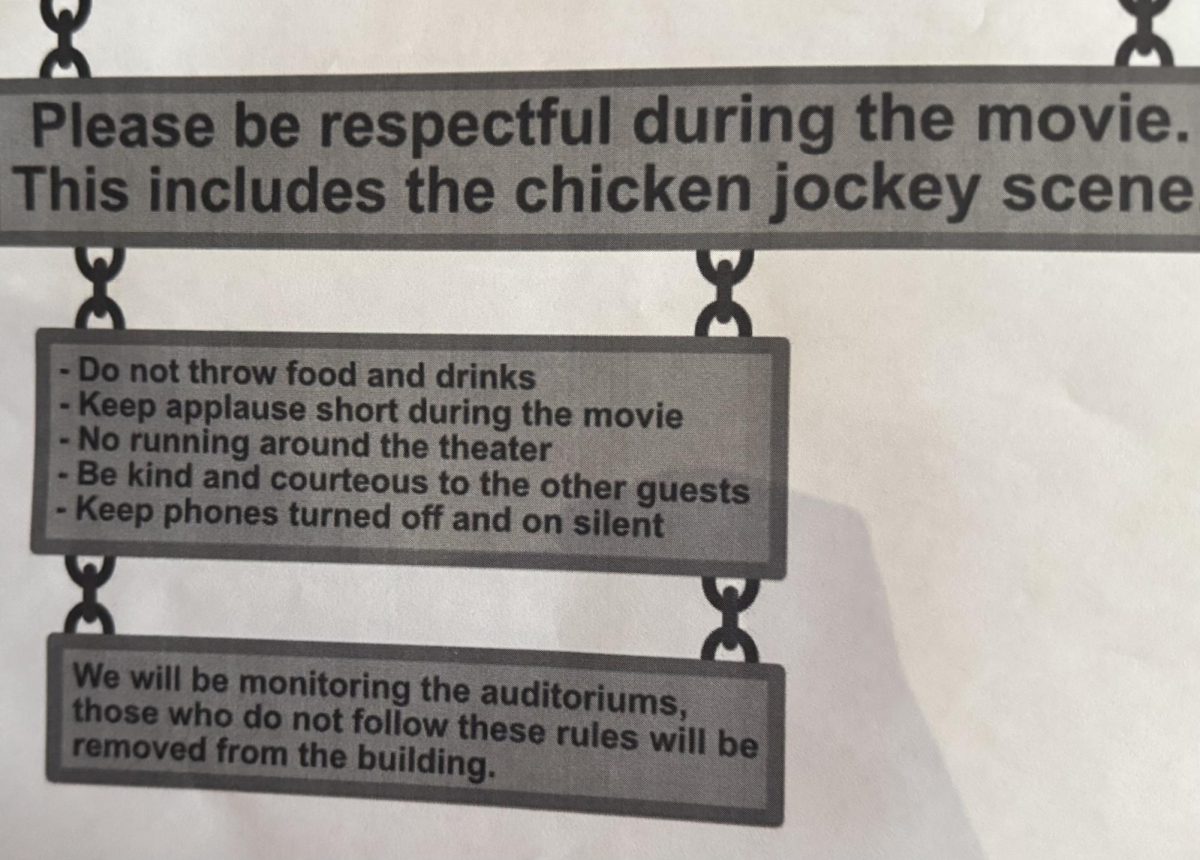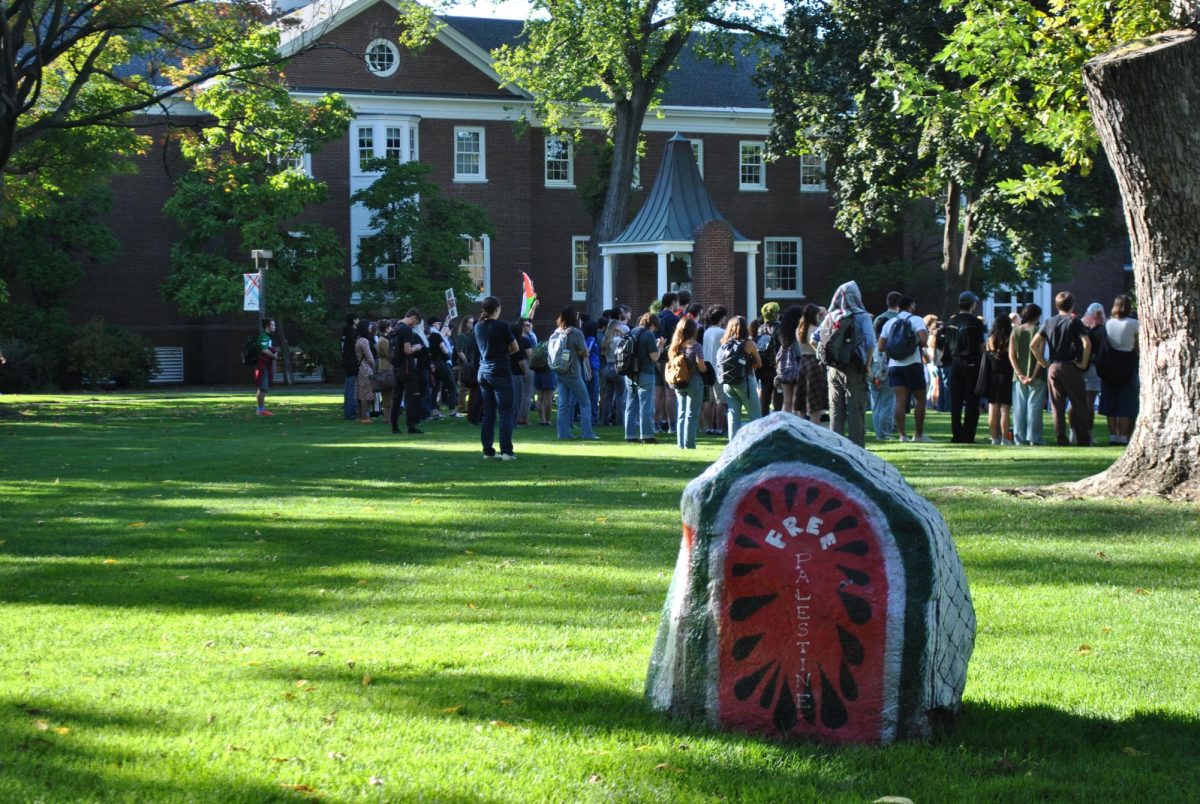On Wednesday, Oct. 4th, the St. Paul City Council will vote on a significant change in local housing policy: they will be voting on changing the zoning code to allow up to four or five units of housing on nearly every lot in the city.This would represent the end of single-family zoning.
If you’re not familiar with single-family zoning, you would quickly notice it by walking through the neighborhood blocks surrounding most of Macalester. In essence, current city rules restrict the types of housing that can be built, solely allowing single-family homes. Not just any kind of single-family home, either — they must also meet specific size constraints, such as maximum building heights and minimum square footage on the building’s lot.
St. Paul policymakers are considering whether to end this practice, which has been pervasive across American towns and cities for decades. Under proposed zoning rules, nearly every lot in St. Paul could have at least four units of housing. Homes could also be a bit taller, skinnier, or placed on smaller plots of land. In short, this is a step to allow increased housing density in our neighborhoods.
As I discussed in a late 2021 article about this topic for The Mac Weekly, this is more than an interesting quirk of neighborhood architecture. The rules governing single-family zoning represent some of the many housing regulations that meaningfully shape our cities.
Perhaps most importantly, these rules act as a barrier to housing affordability in two key ways. In neighborhoods with single-family zoning, the only housing permitted is more costly and less responsive to a broad array of residents’ needs. For example, many Macalester students live off-campus in duplexes or apartment buildings, which can accommodate smaller households or divide up housing costs among multiple housing units — yet large swathes of the city ban these housing types. At the same time, these density-limiting rules exacerbate our overall housing shortage, as less housing is built overall. As a result, housing is harder to find, and competition for existing housing increases, making everybody worse off by further pushing up housing costs.
Relatedly, strict zoning has roots in exclusion. Many of the historically exclusive neighborhoods of St. Paul — including the very white and wealthy area around Macalester — maintain tight housing restrictions today. Single-family zoning is destructive to housing affordability everywhere, but most harmful in the neighborhoods where it enables the continued exclusion of lower-income residents.
These rules also make housing development patterns more environmentally damaging. Our central urban areas have higher concentrations of amenities, which enables lifestyles with a lower reliance on cars. But if places like St. Paul can’t densify, then housing development is inevitably sprawled out to suburbs, where new housing is built upon previously untouched greenfields and residents rely on high car usage.
The new zoning code on the table in St. Paul will not radically transform housing development patterns, and accordingly, it will not instantly fix the above problems with our current zoning paradigm. It is, however, a meaningful step towards meeting our city’s housing needs.
In the past couple of years, these proposals have gained momentum in St. Paul, and now seem poised to be written into law. St. Paul’s planning commission, an appointed governing body that gives input to city planning policy, unanimously recommended passage of these changes. Multiple city council members have given strong statements in favor of these changes, too. Macalester students have been involved as well: at a public hearing for these changes last April, multiple students gave both in-person and written testimony to express their support.
This is reflective of changes building momentum across the country. Nationwide, advocates and policymakers have understood the costs of restrictive zoning to housing affordability, the environment, and economic activity. In 2019, Minneapolis made national headlines as the first major city to pass zoning changes along these lines. Now, similar changes seem to happen monthly — from the Twin Cities suburb Richfield, to Raleigh, North Carolina, to the entire state of Montana.
While St. Paul seems likely to make these changes, they’re not yet guaranteed. Students and other members of the Macalester community can contribute towards these changes with a public comment. On Wednesday, Oct. 4th, the City Council will hold an in-person hearing for members of the public to testify. Advocates can testify asynchronously, too, by sending an email about the topic to the email address [email protected].
While there’s no quick and easy fix for the destructive zoning laws that have long shaped our city, legalizing more housing in neighborhoods across St. Paul represents a promising start. Supporting these changes is one of the many little steps we can take towards improving the world around us.














